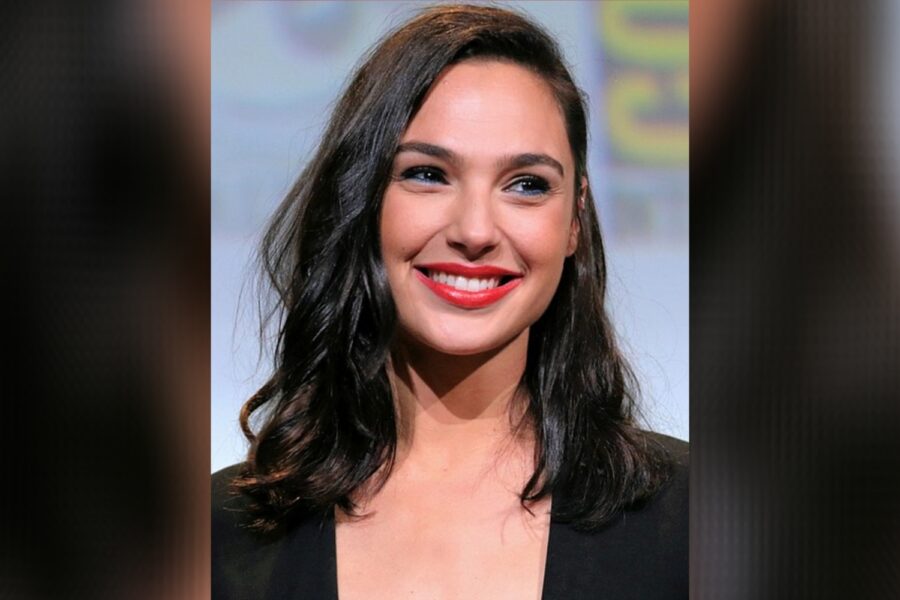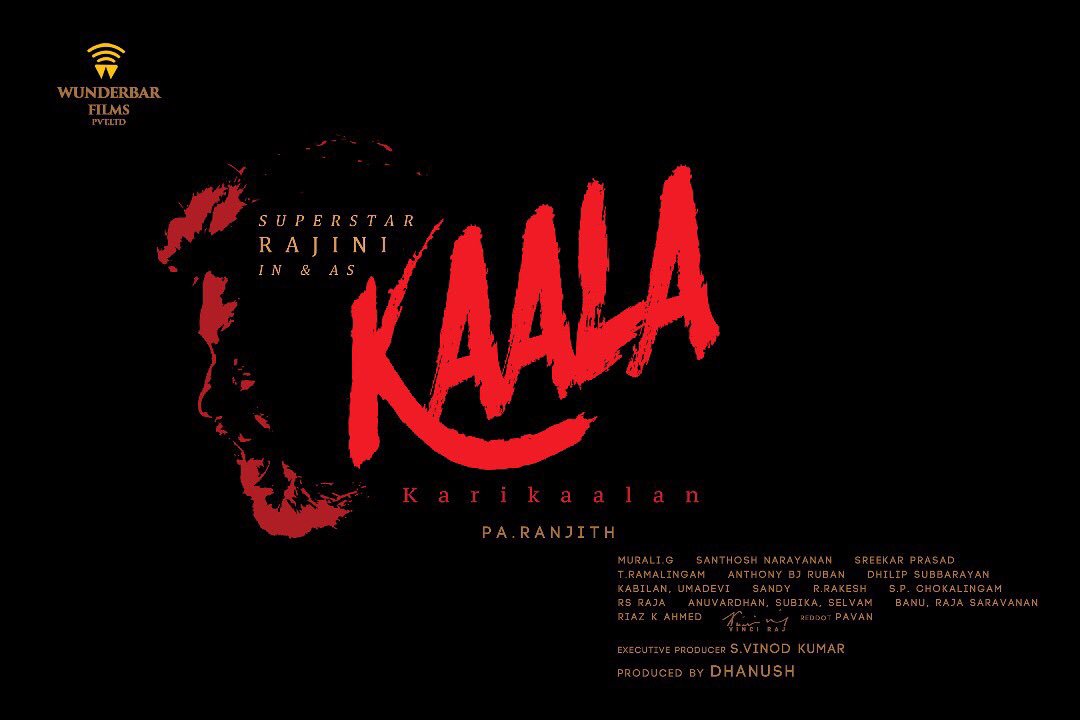Gal Gadot‘s Death on the Nile has been banned by both Kuwait and Lebanon over the actor’s presence in the film adaptation of Agatha Christie’s crime novel by the same name, Deadline has reported.
Gadot, renowned for playing Diana Prince aka Wonder Woman in the DC superhero universe, is of Israeli origin and has served her mandatory two-year military service prior to entering the entertainment industry. She has been a vocal supporter of her country’s armed forces during the 2014 Gaza-Israel war.
Israel and Lebanon have been at loggerheads since Israel’s independence in 1948, especially since Lebanon still abides by the Arab League boycott of Israel adopted in 1945.
By virtue, Lebanon does not recognise the State of Israel and neither does it accept Israeli passports. Thus, the ban comes as no surprise. Lebanon and some other Arab countries had earlier banned Gadot’s 2017 film Wonder Woman.
Kuwait, which has been vocally supportive of the Palestinian struggle for autonomy from Israel, banned the film earlier this week. According to the country’s Al-Qabas newspaper, the decision was reached after social media users pointed out Gadot’s past military affiliation and her statements around the Palestinian group Hamas.
Hollywood films have been banned from being screened in the Middle-East in the past as well. The reasons, however, are largely restricted to religious beliefs instead of political standpoint.
In 2021, Marvel’s Eternals and Steven Spielberg‘s West Side Story were both denied release in countries like Saudi Arabia and the United Arab Emirates, after they failed to get clearances from the respective censor boards.
Recommended
While Eternals introduced the first ever Black gay superhero in a Marvel film (Brian Tyree Henry’s Phastos), Spielberg’s film features a transgender character called Anybodys, played by non-binary actor Iris Menas. Homosexuality is still officially illegal across many parts of the Middle East and films containing any depictions of the LGBTQIA+ community are frequently pulled from release.
Disney, which distributed both films, refused to comply with the edits and cuts suggested by the censor boards in the Gulf countries.
It is, however, notable that in December 2021, the UAE announced that it will screen international films in cinemas as is and not censor them anymore. Instead of cutting scenes from films, a new classification will be introduced in the country, with a minimum age limit of 21 years, to regulate the viewership of content deemed inappropriate.



